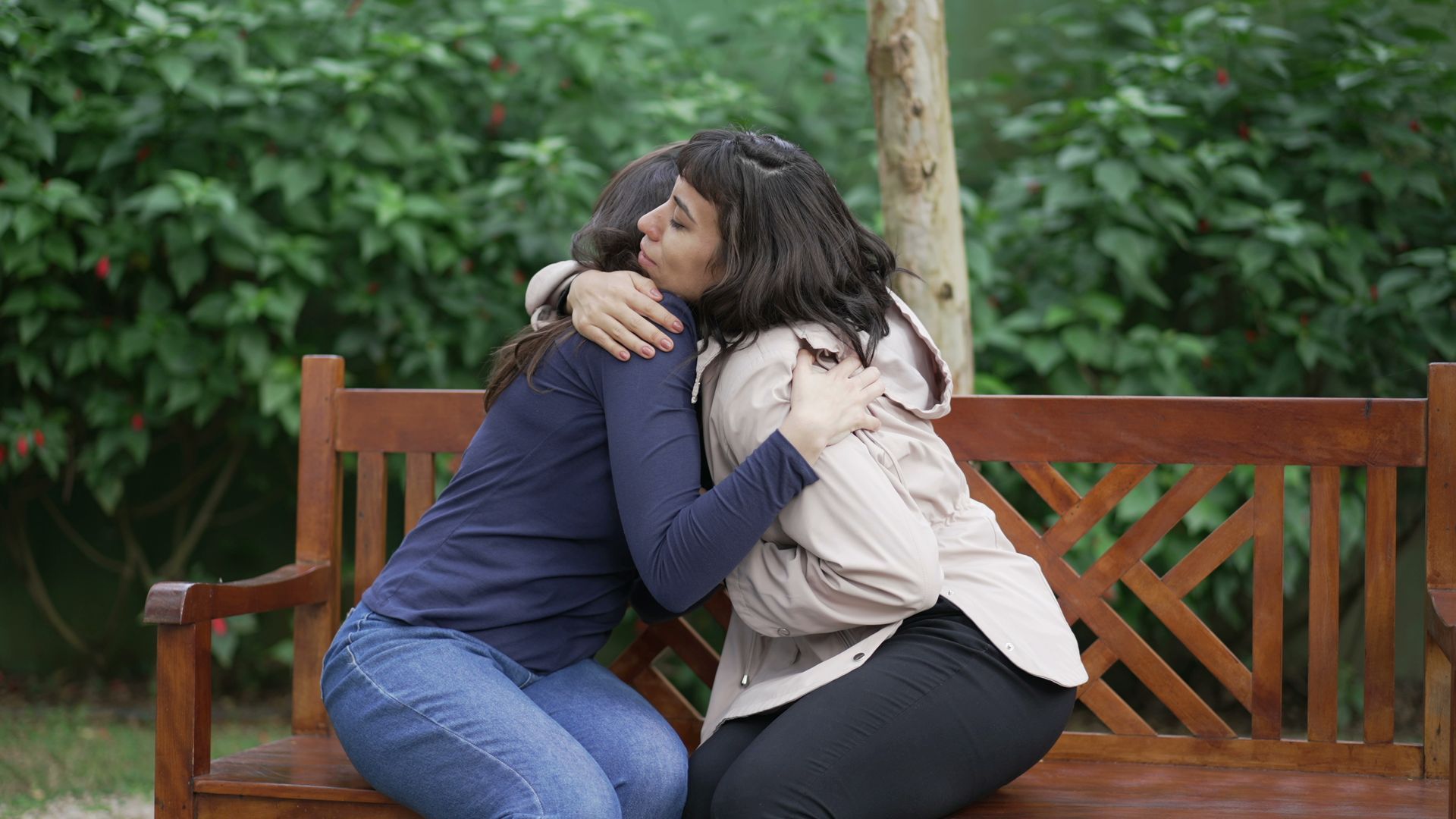After Goodbye:
How to Support a Grieving Loved One After the Mourning Period Ends
Grief doesn’t follow a timeline. While society often places an invisible deadline on mourning –expecting people to return to "normal" after the funeral, memorial service, or a few months – it’s rarely that simple. The reality is that loss lingers, often in quiet and unseen ways. If you have a loved one who has lost someone, your support remains just as important in the weeks, months, and even years after the immediate mourning period.
Here are meaningful ways to support a grieving friend or family member long after the funeral ends:
Understand That Grief Doesn’t Have an Expiration Date
After the formal mourning period ends, many people assume their grieving loved one is "doing better." However, grief doesn’t disappear – it evolves. Special occasions like birthdays, anniversaries, and holidays can resurface painful emotions, sometimes even more intensely than right after the loss. Instead of expecting them to have "moved on," recognize that grief is a lifelong process.
Giving your loved ones all the time they need to adjust to the shifting dynamics of their lives can be a powerful message. Let them know it’s okay to still talk about their loved one and you would be honored to hear about their cherished memories and/or emerging challenges. Check in regularly, even months later, to see how they’re feeling and acknowledge their feelings. Help them celebrate and observe any milestones or anniversaries related to the person they lost.
Continue to Offer Practical Help
Immediately following a loss, many people receive an outpouring of support including meals, childcare, and housework help. But over time, those offers dwindle, even though the person may still be struggling. They may be dealing with emotional exhaustion, financial stress, or even day-to-day life tasks that feel overwhelming.
This is a great opportunity to help someone reenter the everyday world after a loss. Offer specific, tangible help, like running errands or preparing a meal. If they have children, offer to babysit or take over carpool. Ask if they’d like you to provide some insight on sorting out financial or legal matters if they’re still dealing with paperwork related to their loss.
Keep Their Loved One’s Memory Alive
One of the biggest fears for many grieving people is that their loved one will be forgotten. As time passes, people may avoid bringing up their name, thinking it will upset the bereaved. In reality, many grieving individuals find comfort in knowing that others remember their lost loved one.
Remind someone experiencing grief that while a loved one is gone, they are never forgotten. Reinforce this level of comfort by sharing a memory or story about their loved one. Send a text or card on significant dates, like the anniversary of their passing, not everything has to be formal, it’s just nice to be remembered. Donating to a charity in their loved one’s honor is also a beautiful gesture.
Be There on the Hard Days
Grief has no set pattern. Your loved one may seem okay one day and deeply sorrowful the next. Certain days such as the first birthday without their loved one, can be especially difficult. Loneliness is often one of the hardest aspects of long-term grief.
Ask ahead about upcoming tough dates and offer to spend time with them. You can plan something meaningful for significant days, whether it’s lighting a candle in remembrance or simply sharing a meal. It’s important to be patient and let them express their feelings without rushing them to feel better.
Encourage Professional Support, If Needed
While grief is a natural process, prolonged or intense grief that interferes with daily life might require professional help. Some people feel hesitant to seek therapy or grief counseling, especially long after the loss. If you notice they are struggling significantly, gently encourage them to seek additional support.
Admitting you need professional help and taking steps to secure it can be overwhelming. Offer to help the bereaved find a grief counselor or support group. Normalize seeking help by sharing positive experiences with therapy if you have any. Most importantly, let them know that getting support isn’t a sign of weakness, but a way to heal.
Respect Their Unique Grieving Process
No two people grieve the same way. Some may need to talk about their loss often, while others may process it more privately. Some find healing in work or new hobbies, while others need solitude. The key is to support them in whatever way feels right for them.
Ask how your loved one prefers to be supported rather than assuming. It’s imperative to avoid phrases like "You should be over it by now" or "At least they lived a long life” as this can come off as invalidating their feelings. No matter what, accept their way of grieving, even if it looks different from yours.
Final Thoughts: Love That Lasts Beyond Goodbye
Grief doesn’t end when the world stops sending sympathy cards. Your continued support –whether it’s a simple text, an invitation for coffee, or just listening without judgment – can make a profound difference in someone’s healing journey. By showing up long after the funeral flowers have wilted, you’re offering the greatest gift: the reassurance that love, care, and remembrance don’t fade with time. And remember, the Keohane team will assist you with grief support whenever you need – reach out to us anytime for help.
Even after goodbye, your presence can remind them that they are not alone.












